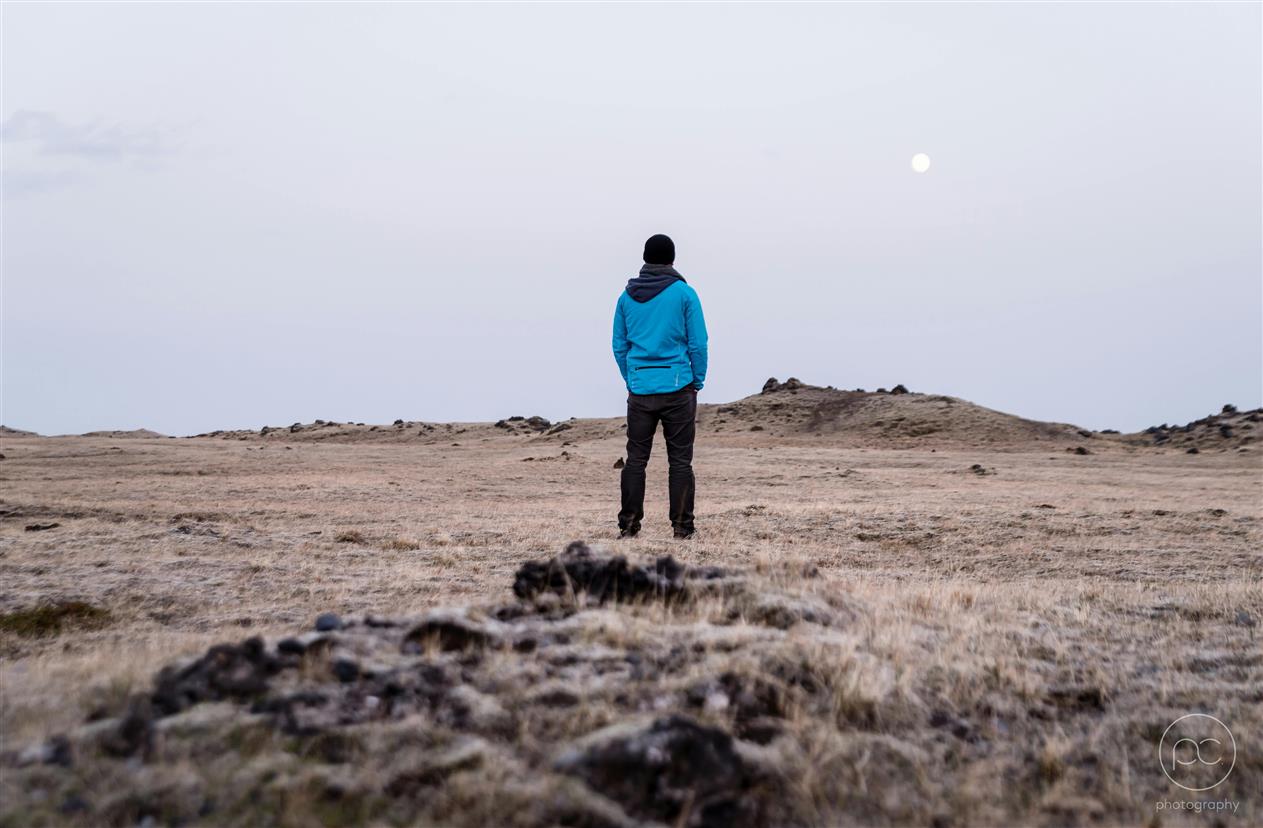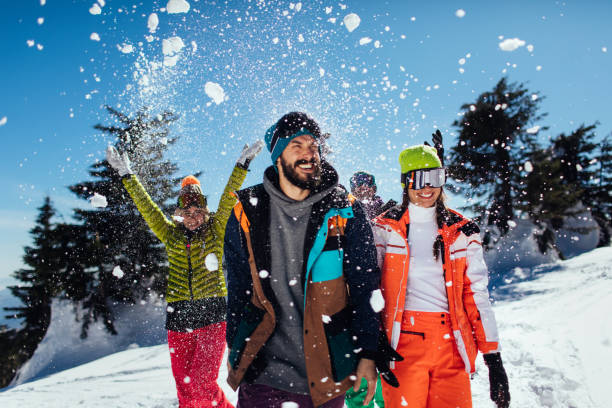
In 2025, solo travel has stepped out of the fringe and into the mainstream. Once perceived as the choice of backpacking students or soul-searching twenty-somethings, traveling alone is now embraced by people of all ages and backgrounds. Whether for clarity, freedom, or simply convenience, more individuals are packing a single bag and setting out on their own terms.
But this growing movement isn’t just about wanderlust. Advances in technology, shifting workplace norms, and a broader cultural embrace of self-reliance have reshaped how—and why—people travel solo. It’s easier than ever to plan trips, stay connected, and feel secure while navigating foreign cities or remote landscapes alone.
The New Face of the Solo Traveler
Solo travel in 2025 doesn’t fit a single mold. Digital nomads, middle-aged professionals on sabbatical, retired explorers, and young creatives on career breaks all populate the solo travel landscape. What unites them is a shared preference for personal experience over packaged itineraries.
Social media has played a role, offering a glimpse into the lives of solo travelers worldwide and normalizing the idea that traveling alone isn’t lonely—it’s liberating. Many now see solo travel as a form of self-care or even self-education, rather than a fallback plan when no one else is available.
Importantly, more women are traveling solo than ever before. With better safety resources and more community support online, they are navigating the globe confidently and with increasing frequency.

Smarter Planning Tools and AI-Powered Travel
What was once a logistical headache—coordinating flights, accommodations, visas, and daily plans—is now more streamlined. With personalized travel apps and AI-assisted booking platforms, solo travelers can build itineraries that match their pace and preferences in minutes. These tools consider everything from time zones and weather forecasts to transportation options and local events, offering suggestions that would have taken hours to research manually.
Language barriers, once a concern, are no longer a major hurdle. Real-time translation apps, wearable devices, and multilingual chatbots provide in-the-moment assistance, allowing travelers to engage more deeply with locals without worrying about miscommunication.
Safety First, and Second, and Third
Safety has always been a top concern for solo travelers. In 2025, both digital and physical infrastructure have improved to address this. Ride-sharing platforms have implemented verified driver features with real-time tracking and panic buttons, while accommodation services offer better transparency through community-rated hosts and AI moderation for fake reviews.
Moreover, biometric IDs and e-passports have made airport security and border crossings more secure and less time-consuming. Many countries have introduced digital nomad visas or solo traveler programs, providing guidance and resources tailored specifically for individuals without a group.
Solo travel communities have also grown in size and strength. Through platforms like Reddit, Facebook, or niche travel forums, people connect before they land in a new city. Meetups, co-working lounges, and group experiences allow travelers to dip in and out of social settings as they please.
The Rise of Flexible Work and Remote Lifestyles
Remote work isn’t a trend—it’s the new normal for millions. And for solo travelers, this shift has been a game-changer. People can now blend their personal and professional lives in ways that were once unimaginable. A solo traveler can work in the morning from a seaside café in Portugal and hike through ancient ruins in the afternoon.
This hybrid lifestyle has given rise to a global infrastructure catering to remote workers: work-friendly hostels, co-living spaces with fast internet, cafes designed for long stays, and even cruise ships repurposed as floating offices. The line between travel and living has blurred.
Destinations Adapting to the Solo Boom
Tourism boards have taken note. Cities that were once geared primarily toward couples or groups are now investing in solo-friendly experiences. These include curated walking tours, safe transportation options, and accommodations tailored to individuals—like pod hotels or boutique rooms with communal lounges.
Even luxury travel has adapted. Resorts now offer solo packages without the single-supplement fee, and adventure tour companies cater to travelers looking for meaningful experiences without needing to coordinate with others.
Additionally, many destinations are leaning into cultural immersion and slow travel. Instead of rushing from site to site, solo travelers are staying longer and getting involved in local communities—whether through language classes, volunteering, or cooking workshops. This not only enriches the experience but also spreads tourism more evenly across regions.
Mental Health and the Joy of Alone Time
In a world that often feels chaotic and hyperconnected, the appeal of solitude is increasingly evident. Solo travel allows people to disconnect, reflect, and reconnect with themselves. For some, it’s about stepping away from routine. For others, it’s about challenging their own limits, embracing independence, or simply enjoying the silence.
Mental health experts have noted the benefits, too. Time spent alone in new environments can reduce stress, foster resilience, and enhance emotional regulation. It provides space for introspection and growth in ways few other activities can.
Of course, solo travel isn’t always easy. It demands self-awareness, adaptability, and sometimes courage. But those very challenges are part of the reward. Overcoming small setbacks—missing a train, navigating a strange menu, or finding one’s way through an unfamiliar street—builds confidence and leaves lasting memories.

The Future of Traveling Alone
As travel becomes more individualized and less dependent on traditional structures, solo journeys are likely to keep rising. Airlines, hospitality groups, and even local governments are beginning to recognize solo travelers as a core demographic rather than a niche market.
What’s more, solo travel is no longer framed as escapism. It’s a deliberate choice—a lifestyle, even—that reflects changing attitudes toward freedom, identity, and what it means to explore the world.
The solo traveler of 2025 is not just passing through. They’re engaging deeply, choosing experiences carefully, and shaping the future of travel with each border they cross. Alone doesn’t mean isolated. It means in control.
And for many, that’s the most rewarding journey of all.
4o



